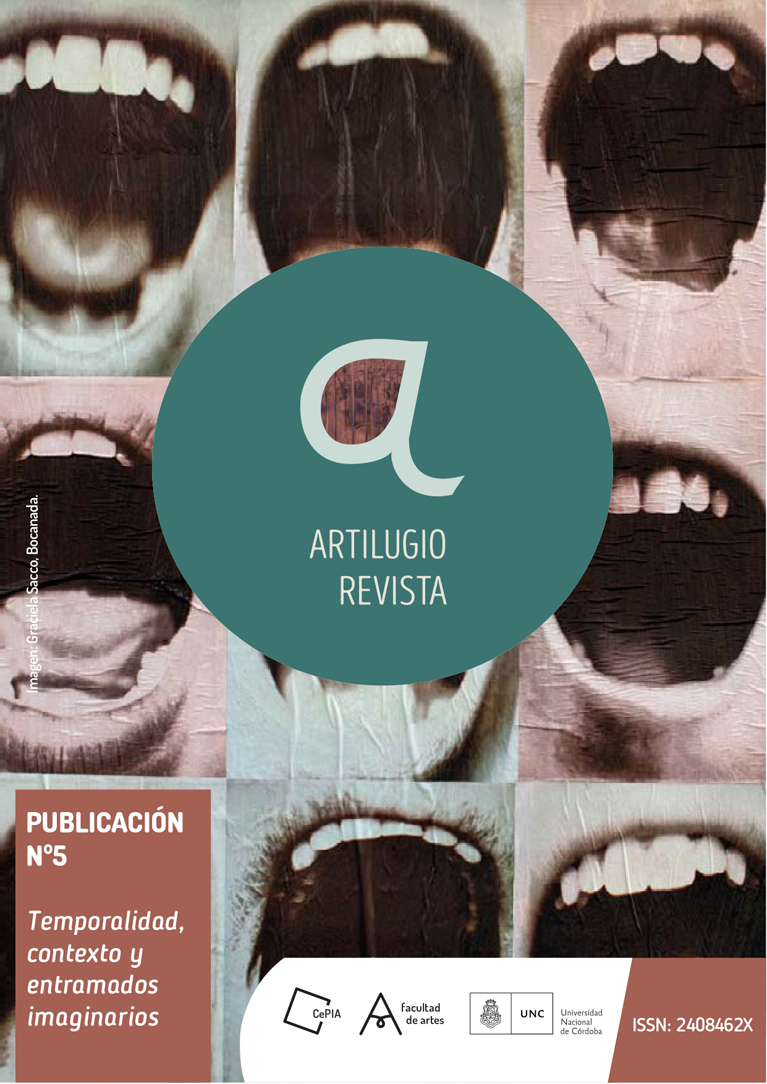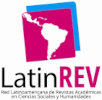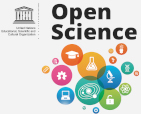‘To learn the worst things by hearing a lively voice’: Listening in the context of performances that use memory as material in a post-traumatic scenario
DOI:
https://doi.org/10.55443/artilugio.n5.2019.25326Keywords:
listening, memory, theatre, performance of memory, positioningAbstract
I argue in this text that the paradigm by which theatre is understood as representation is limited when it comes to understanding the transformative power of listening in the context of performances that use memory as material in a post-traumatic scenario. To understand this type of theatre as representation implies to locate listening as a semantic problem. In consequence, to listen is seen as equal to interpreting. In this text, instead, I argue for locating listening as a pragmatic problem. In consequence, listening needs to be conceptualized as an ethical problem, which in turn is part of a wider politics of listening. I discuss two anecdotes related with the memory play Kilele (2004) by Colombian Theatre Varasanta to illustrate this claim.Downloads
References
María Gabriela Aimaretti, “Memorias de la luz: visibilidad evanescente y escucha del espectro político en Otra vez Marcelo (2005) de Teatro de los Andes”, Revista Clepsidra, Revista Interdisciplinaria de Estudios sobre Memoria, 3, 5 (marzo de 2016): 50-68.
Adelaida Barrera Daza, El sonido de la comunidad (Bogotá: Universidad del Rosario, 2018).
Graham Brown, Aenim Langer y Frances Stewart, A Typology of Post-Conflict Environments: CRPD Working Paper no. 1 (Leuven: Centre for Research on Peace and Development, 2011).
Adriana Cavarero, For More than One Voice: Toward a Philosophy of Vocal Expression (California: Stanford University Press, 2005).
Alicia Del Campo, “Poéticas de la visibilidad/poéticas de la ausencia: cuerpo y teatralidad”, Clepsidra. Revista Interdisciplinaria de estudios sobre memoria, 3, 5 (2016): 12-32.
Catalina García Contreras, “Teatro híbrido: representaciones contemporáneas de violencia, muerte y dignidad en el teatro colombiano”, en Premio Nacional de Investigación Teatral 2011 (Bogotá: Ministerio de Cultura, 2011), 231-417.
Henry Greenspan, On Listening to Holocaust Survivors: Recounting and Life History (Westport: Praeger, 1998).
Grupo de Memoria Histórica, Bojayá: La guerra sin límites (Bogotá: Taurus, 2010).
María Mercedes Jaramillo, “Bojayá en el teatro colombiano. Kilele, drama de memoria y resistencia”, Revista de estudios colombianos, 47 (enero-junio de 2016): 104-111.
Cynthia Milton, Art from a Fractured Past (Durham: Duke University Press, 2014).
Carlos Satizábal, “Memoria poética y conflicto en Colombia –a propósito de Antígonas, Tribunal de mujeres, de Tramaluna Teatro”, Revista colombiana de las artes escénicas, 9 (2015): 250-268.
Richard Schechner, Performance Theory (Londres y New York: Routledge, 2015).
Luis Carlos Sotelo Castro, “La acción escénica para un contexto transicional: Casos colombianos", en Oscar Cornago y Sara Rodríguez, editores, Tiempos de habitar. Prácticas artísticas y mundos posibles (España: Genueve, 2019), 215-237.
Lorena Verzero, Malena La Rocca y María Luisa Diz, “Dossier ‘Teatralidades y cuerpos en escena en la historia reciente del Cono Sur’. Los usos del cuerpo en las prácticas artísticas para la construcción de memorias”, Clepsidra. Revista Interdisciplinaria de Estudios sobre Memoria, 3, 5 (2016): 6-10.
Andrew D. Wolvin, Listening and Human Communication in the 21st Century (Hoboken: John Wiley & Sons, 2011).
Downloads
Published
Issue
Section
License
Copyright (c) 2019 Luis Carlos Sotelo Castro

This work is licensed under a Creative Commons Attribution-NonCommercial-NoDerivatives 4.0 International License.





































